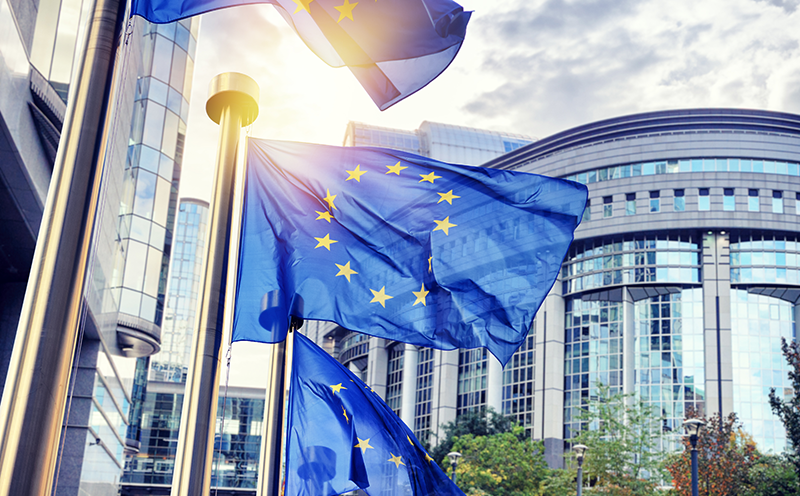
The General Data Protection Regulation (GDPR for short) is Europe's big new data privacy law. It comes into effect on 25th May 2018 and is the most significant piece of European data protection legislation to be introduced in over 20 years.
What is GDPR?
GDPR sets out new rules for how all European residents' data must be handled and replaces the 1995 EU Data Protection Directive.
GDPR strengthens the rights that individuals have regarding personal data relating to them and seeks to unify data protection laws across Europe, regardless of where that data is processed.
A regulation such as the GDPR is a binding act, which must be followed in its entirety throughout the EU.
Who does GDPR apply to?
GDPR compliance isn't just for European companies.
GDPR applies to businesses of all sizes, regardless of whether you have 1 or 10,000 employees, and regardless of where you or your company is based.
If you offer products and services to customers located within Europe, then GDPR will apply to you.
What is WHMCS doing for GDPR?
You can count on the fact that we here at WHMCS are committed to providing a product that enables you to comply with the GDPR requirements for your business.
We've been hard at work preparing for GDPR for some time. In consultation with our legal advisors, we are already working on a number of changes to the product that are designed to help you with meeting your GDPR compliance requirements. These changes will be part of the upcoming Version 7.5 release.
What should you be doing?
If you haven't already done so, you should start your compliance efforts now.
While WHMCS enables you to collect and store information, it's important to note that you as the site owner are the data controller. If your site can collect data from EU citizens, including those in the UK, then we recommend that you review your data privacy and security practices and begin researching your responsibilities.
Every business is different and that may affect what you need to do to comply with GDPR.. We encourage you to work with legal and other professional counsel to determine precisely how the GDPR might apply to you and your business.
Where can I find out more?
Below are some links to more information:


